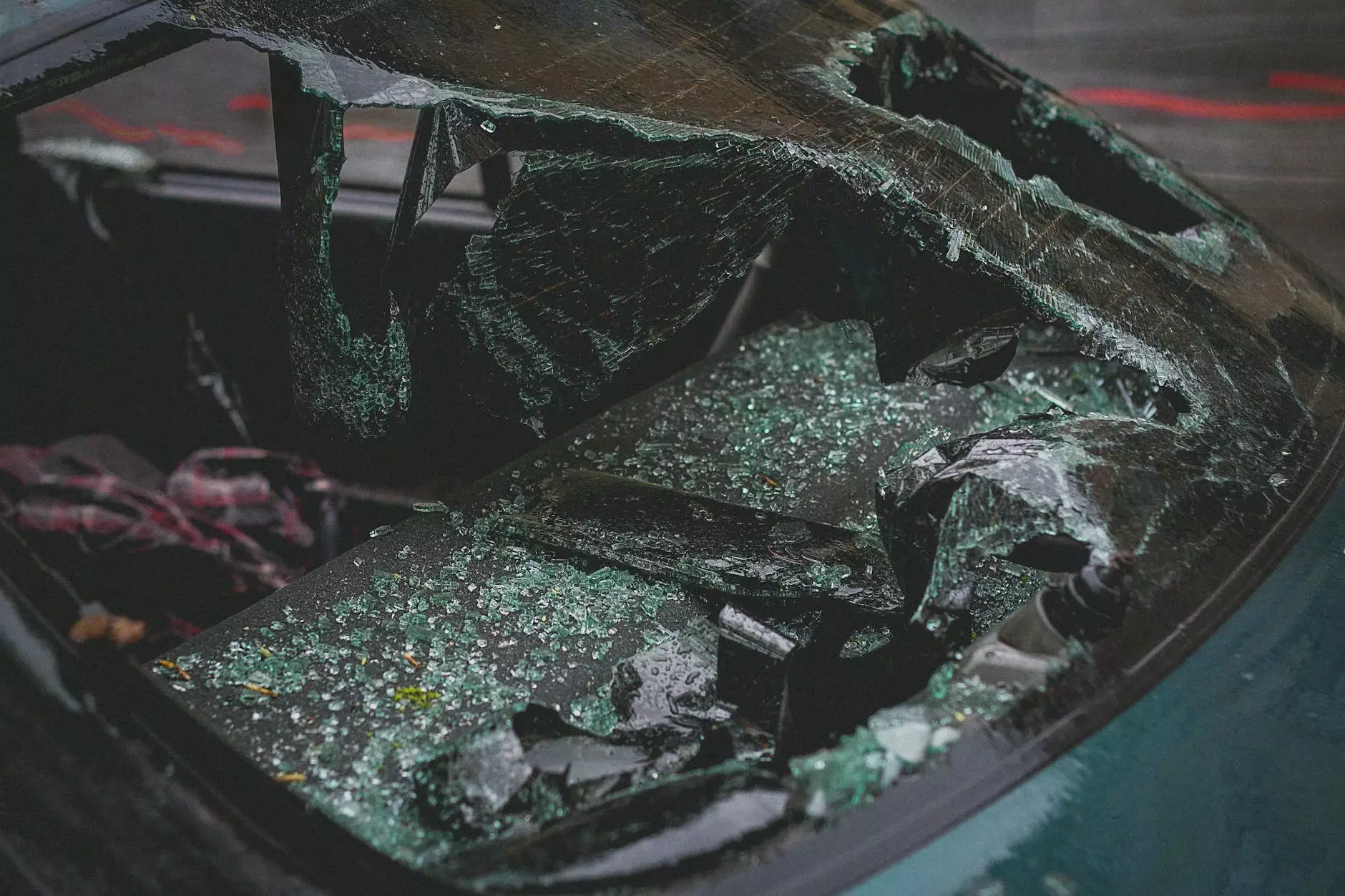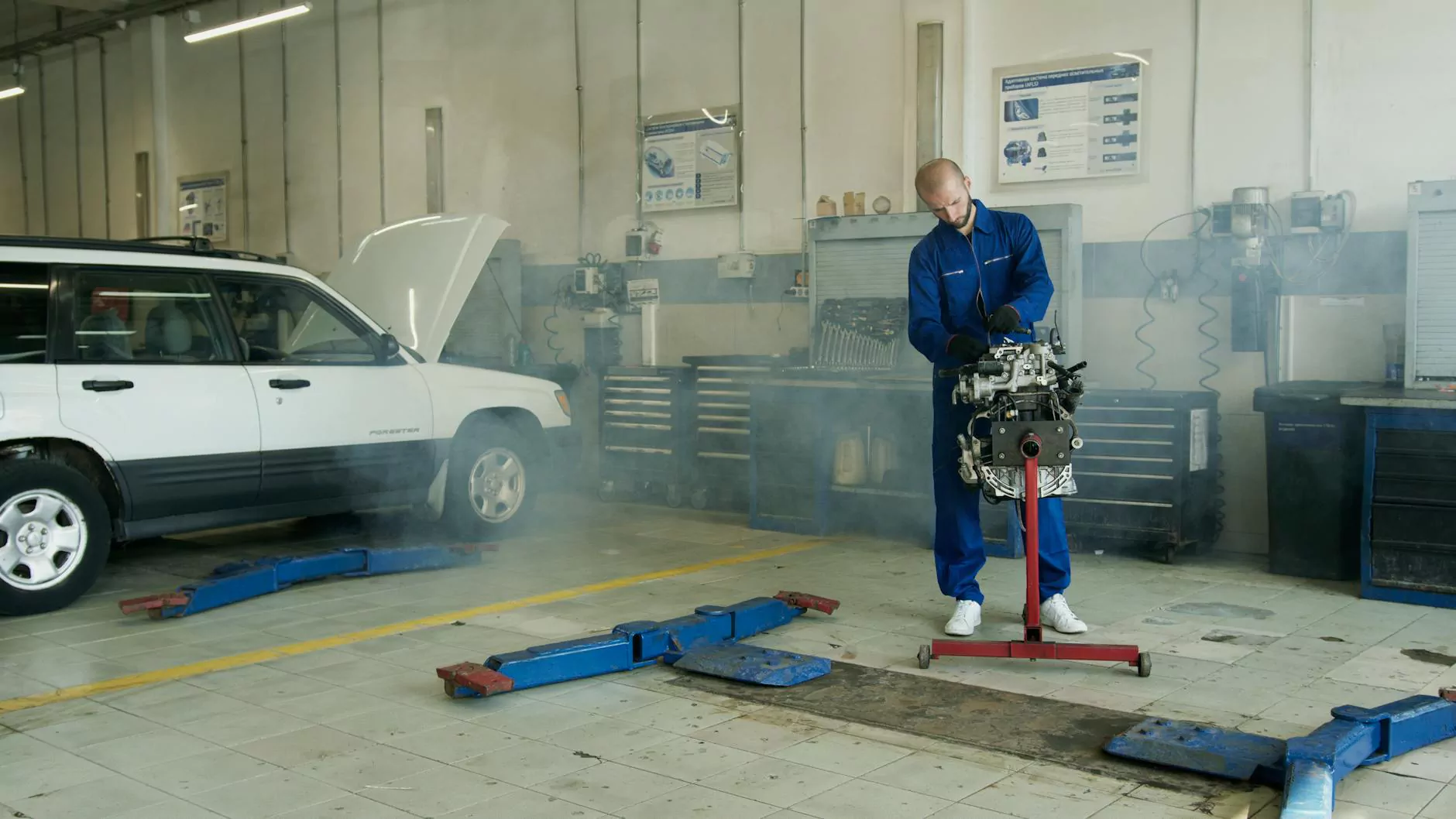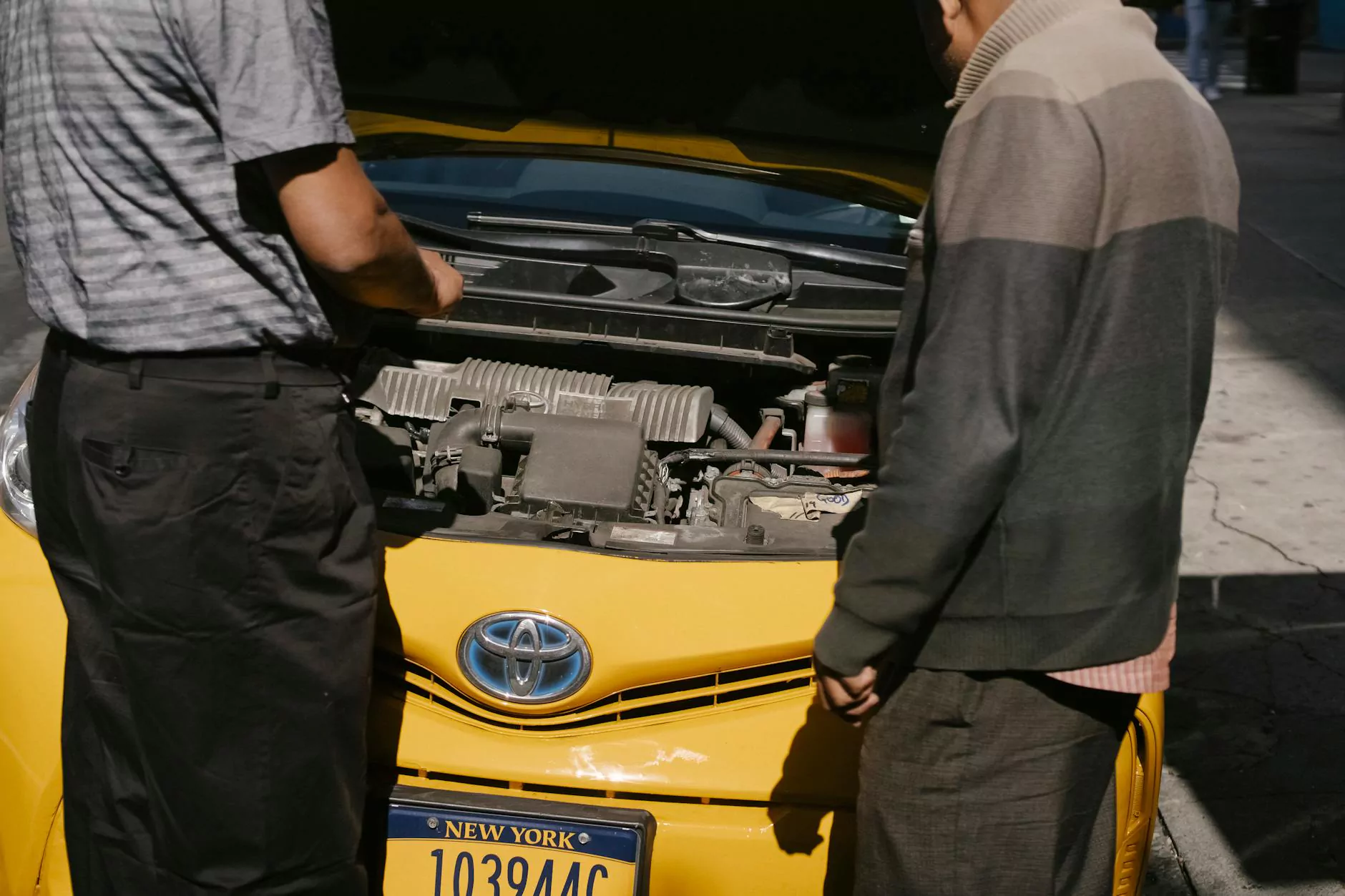What Are the PA State Inspection Requirements?
Vehicle Inspection
Introduction
Welcome to IJN Towing, your trusted source for all things related to vehicle inspections in Pennsylvania. If you are a resident of the state or planning to move here, it's important to understand the PA state inspection requirements to ensure your vehicle is compliant with the regulations. In this comprehensive guide, we will provide you with all the information you need to know about the inspection process, including the necessary documents, what is inspected, and how to stay compliant with the regulations.
The Importance of PA State Inspections
PA state inspections are crucial to maintain the safety and integrity of vehicles on the road. These inspections help identify any potential safety hazards or emissions issues that may pose a risk to drivers, passengers, and the environment. By ensuring that all vehicles meet the state's requirements, Pennsylvania aims to reduce accidents, protect the environment, and keep its roads safe for everyone.
Documents Required for PA State Inspections
When you bring your vehicle for a PA state inspection, you will need to have certain documents on hand. These include:
- Valid vehicle registration
- Valid proof of insurance
- Driver's license or identification
What is Inspected During a PA State Inspection?
The PA state inspection covers a wide range of components and systems to ensure the overall safety and compliance of your vehicle. Some of the key areas that are inspected include:
- Brakes: The brake system is tested to ensure proper functionality and responsiveness.
- Suspension: The suspension system is checked for any signs of wear or damage.
- Steering: The steering components are inspected to ensure smooth operation and control.
- Tires: The tires are examined for proper tread depth, condition, and inflation.
- Lights: All lights, including headlights, taillights, and turn signals, are tested.
- Exhaust System: The exhaust system is checked for leaks, noise levels, and emissions compliance.
- Windshield and Wipers: The windshield and wiper blades are inspected for any cracks or damage that may obstruct the driver's view.
- Seat Belts: The seat belts are tested for proper functionality.
- Vehicle Identification Number (VIN): The VIN is verified to ensure its accuracy.
Staying Compliant with PA State Inspection Requirements
To ensure your vehicle remains compliant with the PA state inspection requirements, it's important to follow these tips:
- Maintain Regular Vehicle Maintenance: Keeping up with regular maintenance, such as oil changes and tire rotations, can help prevent potential issues during the inspection.
- Address Safety Concerns Promptly: If you notice any safety-related issues with your vehicle, such as brake problems or malfunctioning lights, get them fixed as soon as possible to avoid inspection failures.
- Choose a Reliable Inspection Station: Select a reputable inspection station, like IJN Towing, that follows the state's guidelines and ensures thorough inspections.
- Stay Informed: Keep yourself updated with any changes in the PA state inspection requirements to avoid any surprises during your next inspection.
Conclusion
Understanding the PA state inspection requirements is essential for every vehicle owner in Pennsylvania. By staying informed and following the regulations, you can ensure your vehicle's safety, compliance, and avoid any potential penalties. At IJN Towing, we are committed to providing you with reliable information and comprehensive inspections to keep you on the road with confidence. If you have any questions or need assistance, feel free to reach out to our knowledgeable team. Stay tuned to our website for more informative guides and tips!










